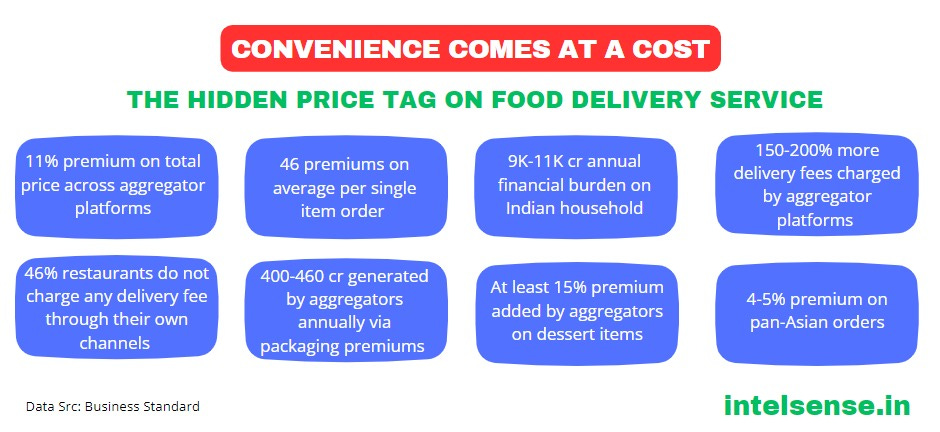1.
Be in problem-solving mode
“You have four modes of communications. There are three Ps, and they're all externals.
You have a Politician mode, they'll lie just for you to like them. Well, we do this all the time. When we go for a job interview, because we want to be liked, we want people... So we tell people what they want to hear.
Then you have a Preacher mode. I think about Steve Jobs and his reality distortion field, how successful that was. I'm trying to add a positive connotation to that, though you also know the negatives, what the negatives are.
And then you have a Prosecutor, which is like when somebody in the courtroom trying to get somebody to change their mind. I would argue, we spend probably maybe too much time in the prosecutor mode.
But here's the problem. These modes, they have positive and negatives, but here's the thing, this one commonality they'll have, if you spend all your time in those modes, you're going to learn very little, because they are outward facing modes. You're just trying to change somebody's mind, or influence other people.
And then you have a Scientist mode, and this is the mode that you and I, and I'm sure you are already, but people like us should spend 80% of our time in […] And in this mode, anything enters your mind is hypothesis, which you examine from different directions, and then for careful for examination, you're like, "Okay, this is what I think." And by the way, if somebody else changes my mind, I'm fine to this.”
2.
Scientists find humans age dramatically in two bursts – at 44, then 60
The study, which tracked thousands of different molecules in people aged 25 to 75, detected two major waves of age-related changes at around ages 44 and again at 60. The findings could explain why spikes in certain health issues including musculoskeletal problems and cardiovascular disease occur at certain ages.
The abundance of most molecules and microbes did not shift in a gradual, chronological fashion. When the scientists looked for clusters of molecules with the largest shifts, they found these transformations tended to occur when people were in their mid-40s and early 60s.
The mid-40s ageing spike was unexpected and initially assumed to be a result of perimenopausal changes in women skewing results for the whole group. But the data revealed similar shifts were happening in men in their mid-40s, too.
The first wave of changes included molecules linked to cardiovascular disease and the ability to metabolise caffeine, alcohol and lipids. The second wave of changes included molecules involved in immune regulation, carbohydrate metabolism and kidney function. Molecules linked to skin and muscle ageing changed at both time points.
The pattern fits with previous evidence that the risk of many age-related diseases does not increase incrementally, with Alzheimer’s and cardiovascular disease risk showing a steep uptick after 60. It is also possible that some of the changes could be linked to lifestyle or behavioural factors. For instance, the change in alcohol metabolism could result from an uptick in consumption in people’s mid-40s, which can be a stressful period of life.
Pic of the Week
Thought of the Week
“The graveyards are full of indispensable men.” - Charles de Gaulle
“All of our miseries are nothing but attachment.” - Osho
Video of the Week
DISCLAIMER:
Investments in the securities market are subject to market risks. Read all the related documents carefully before investing.
SEBI Registered Research Analyst - Cupressus Enterprises Pvt Ltd - INH000013828.
Registration granted by SEBI and certification from NISM does not guarantee the intermediary's performance or provide any assurance of returns to investors.




